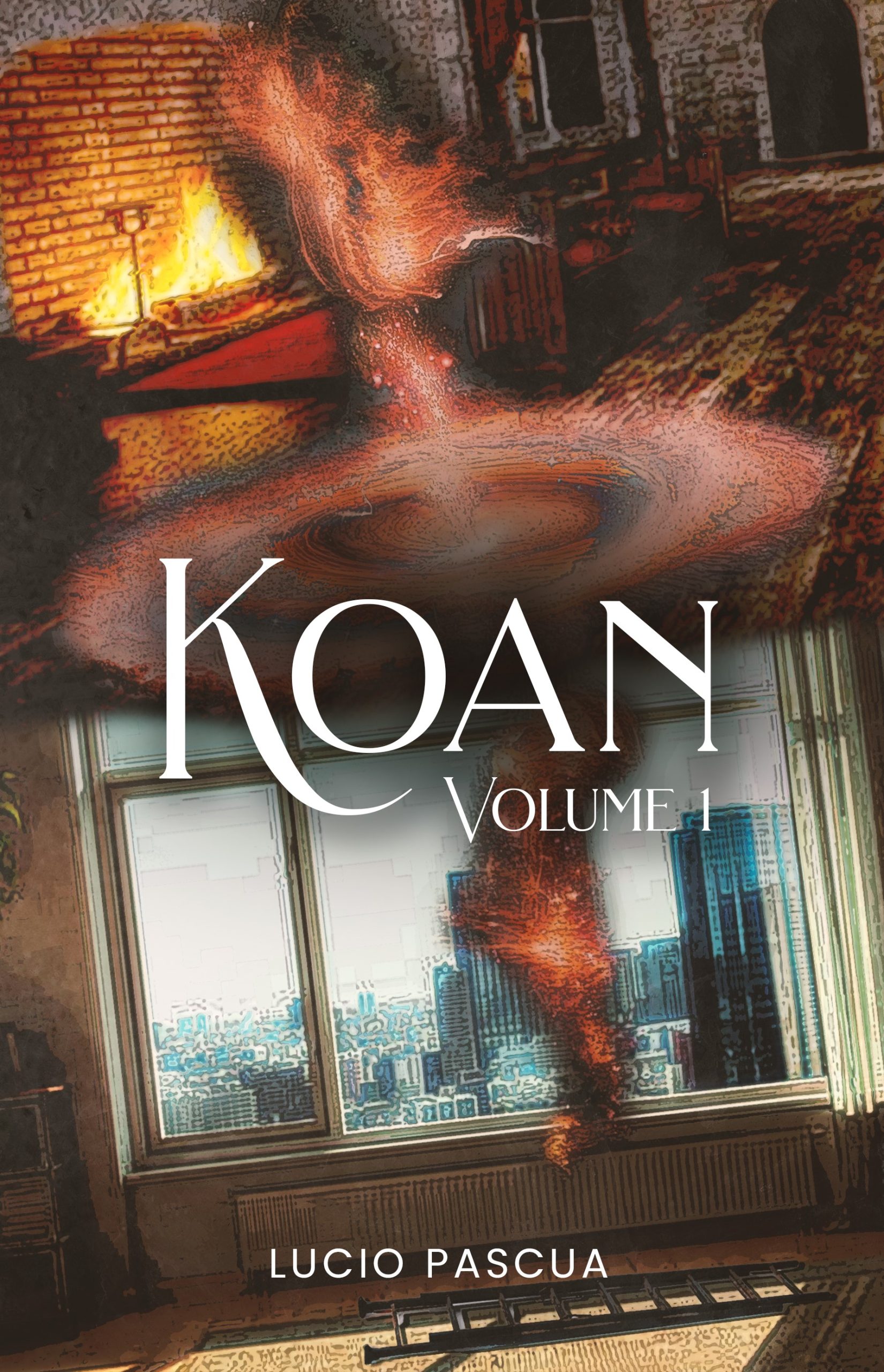Every generation asks the same question: How do we improve the world? For some, the answer lies in politics. For others, in technology. For many, it’s a mix of both, with a dose of hope and compromise. In KOAN by Lucio Pascua, the question is explored through a richly layered blend of myth, philosophy, and speculative storytelling that challenges us to think beyond quick fixes and easy answers.

KOAN imagines a universe where balance, between chaos and order, tradition and progress, individuality and unity, is the foundation for a just and harmonious existence. The Guardians, from the firm Northern Tortoise to the visionary Eastern Dragon, represent mythical forces and principles for sustainable leadership. They protect without being dominant, guide without dictating, and understand that power is at its best when it is shared, not hoarded.
The book’s message about building a better world is rooted in its characters’ actions. El-Javaz, for example, embraces a philosophy of peace, refusing to govern through fear or force even when surrounded by enemies who increase on both. His approach reminds us that true change isn’t just about defeating the “bad” forces, it’s about creating systems that prevent those forces from gaining ground in the first place. It mirrors a truth we see in our world: lasting progress depends less on winning a fight and more on transforming the conditions that spark conflict.
KOAN also shows us the dangers of forgetting this balance. Hel, a villain forged by generations of unkindness, represents what happens when cycles of domination and manipulation go unchecked. His story is a cautionary fiction, reminding us that building a better world means addressing the roots of injustice, not just its most visible symptoms. Without that deeper work, history repeats itself, sometimes in more critical forms.
KOAN’s refusal to reduce solutions to one ideology or system makes it especially appropriate. The book pulls from Eastern philosophy, Western myth, political mockery, and spiritual allegory, weaving them into a timeless and modern story. It suggests that building a better world requires us to look beyond the boundaries of our own culture and experience, borrowing wisdom from diverse traditions and perspectives.
There’s also a strong suggestion in KOAN about the role of the individual. Each character’s choices matter in a multiverse of possibilities, not because they can single-handedly change the cosmic order, but because small acts of honesty wave outward. It is a subtle but powerful lesson: better worlds are built not just by grand improvements but by the cumulative effect of everyday decisions rooted in empathy, fairness, and vision.
In the end, KOAN is less about telling us what a better world looks like and more about how it might be built, slowly, thoughtfully, and with the awareness that no single path will suit everyone. Its mythic guardians, moral dilemmas, and layered storytelling invite us to imagine possibilities rather than settle for predictabilities.
The takeaway? If we want a better world, we need more than motivation. We need wisdom like the Tortoise’s, vision like the Dragon’s, courage like El-Javaz’s, and the self-effacement to understand that the journey toward balance is never truly complete. KOAN doesn’t just tell a story; it offers a compass to allow us to look past the ordinary and provide a universal lens for finding the deeper truth about our choices and consciousness. The book will lead you to the path, but how you will take the journey is up to you to decide.
So, are you ready to take the leap? Head to Amazon to purchase your copy: https://www.amazon.com/dp/1968615466.